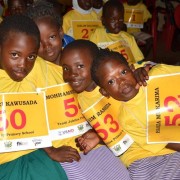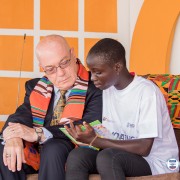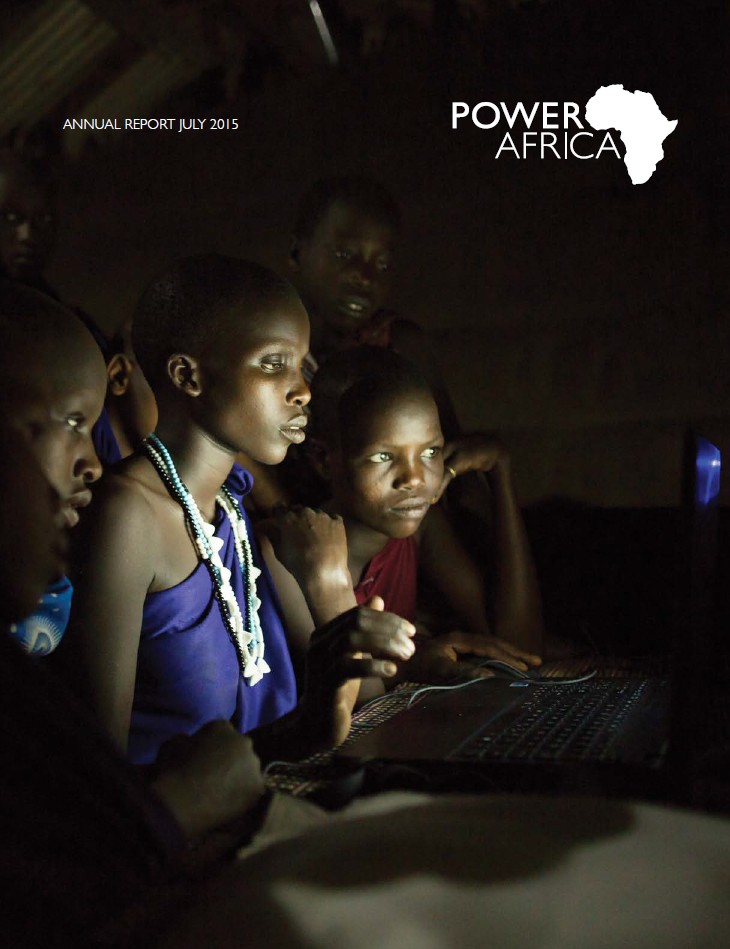
On July 25, the United States Agency for International Development (USAID) and the Ministry of Education partnered with the Young Educators Foundation to host Ghana’s first-ever spelling bee in Dagbani—a language widely spoken in the Northern Region. This event brought together the Yendi Municipal Chief Executive, the Municipal Director of Education, the representative of the Paramount Chief of the Dagbon Traditional area, parents, assemblymen and women, head teachers, parent-teacher associations, religious leaders and hundreds of school children. The aim of the spelling bee was to mobilize the Yendi community around encouraging their children to read with fluency and comprehension.

U.S. Ambassador Robert P. Jackson launched the United States Agency for International Development (USAID) Partnership for Education: Innovating activity today in historic Jamestown, Accra. Innovating is a four-year partnership with the Ministry of Education (MOE) that will work to create a “culture of reading,” in which more children read for pleasure outside the classroom. Ambassador Jackson was joined by Ghanaian government officials, the private sector, traditional and community leaders, educators, parents, and primary school pupils at the launch, which celebrated the power and fun of reading through poetry, performances, animated videos, and read aloud sessions
Trade Africa is an initiative of the United States Government announced in July 2013 to strengthen the U.S. relationship with Africa in order to significantly expand U.S.–African private and public sector collaboration to increase trade with and within Africa. In 2013, the Trade Africa countries were Burundi, Kenya, Rwanda, Tanzania, and Uganda and in 2015, Trade Africa was expanded to include Côte d’Ivoire, Ghana, Mozambique, Senegal, and Zambia.
Ghana is a low middle income country, with a per capita income of $1,590 and a population of 26.79 million in 2014. Ghana’s poverty rate in 2012 was 24.2 percent, which is a significant reduction from its 2005 rate of 31.9 percent. The service sector is the leading contributor to the economy and accounted for 49.9 percent of gross domestic product (GDP) in 2014, followed by industry at 27.7 percent, and agriculture 22.4 percent. External trade plays a substantial role in Ghana’s economy. In 2014 exports accounted for 39.5 percent of the GDP while imports were 48.9 percent.
The goal of USAID’s integrated health, population and nutrition program is to promote equitable improvements in the health status of Ghanaians by achieving the following results: increased access to integrated health services; increased availability of community-based health resources; strengthened and responsive health systems; and improved health sector governance and accountability.










Comment
Make a general inquiry or suggest an improvement.